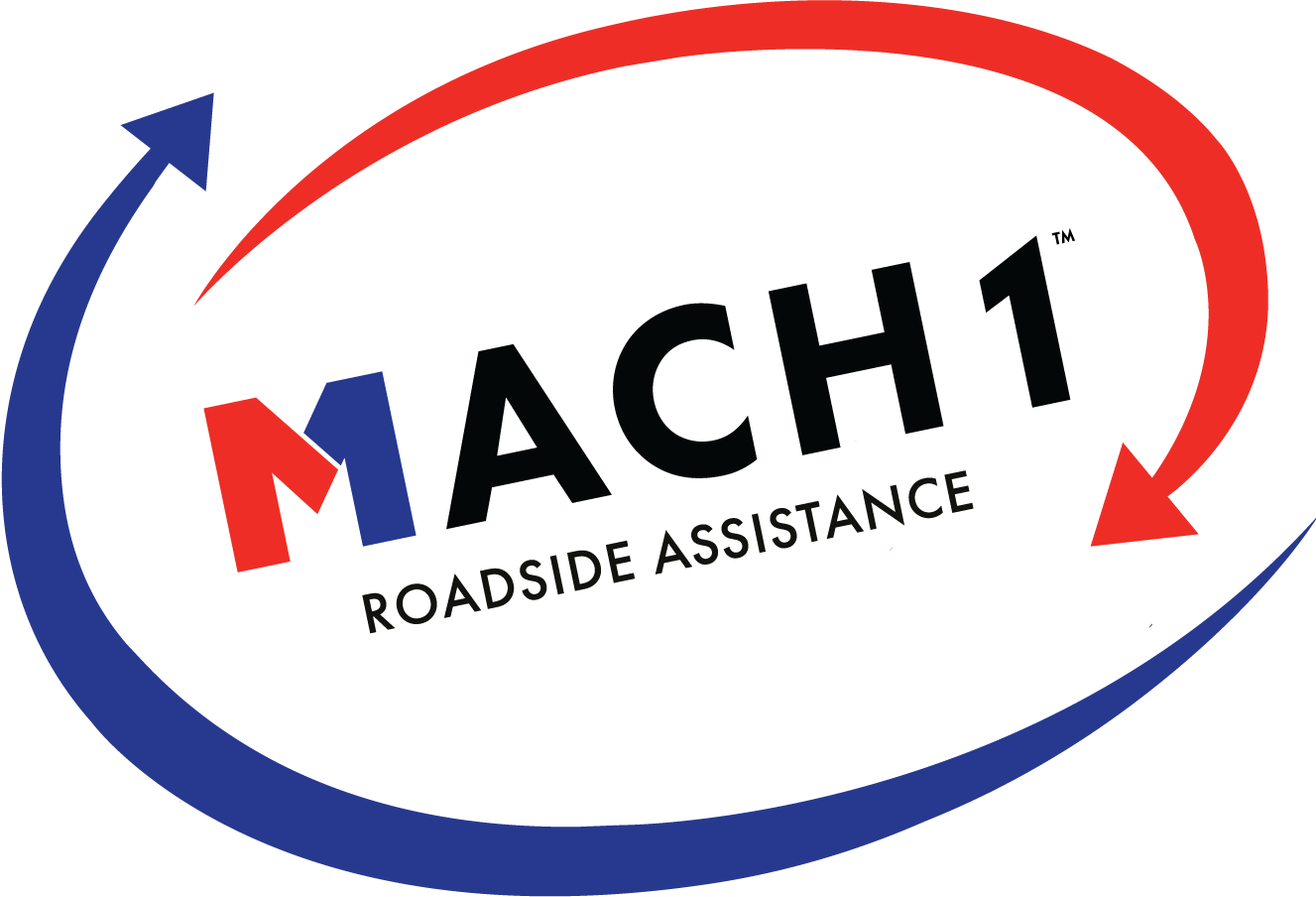
05 Jul How to Handle Common Car Troubles on the Road
A road trip often promises adventure, exploration, and beautiful memories. But what happens when the unexpected strikes, and you’re faced with car troubles in the middle of your journey? Understanding common car problems and knowing how to handle them can make all the difference, turning a potentially trip-ruining situation into a minor hiccup. In this article, we’ll explore some common car troubles you might encounter on the road and offer advice on how to handle them. And remember, when in doubt, professional help from roadside assistance can be invaluable.
In addition to managing yourself, keep in mind Mach1 Services if you’d like a professional to manage your Roadside Assistance Needs.
Stranded on the road? Mach1 Services is your digital superhero, ready to save the day. Through their innovative app, you can access on-demand roadside assistance without the need for a membership. With a wide range of services from fuel delivery to tire changes, lock-out service to battery jump-starts, they provide a reliable solution to your roadside emergencies. The best part? You’ll know the cost upfront with Mach1’s transparent pricing.
Common Car Troubles and How to Handle Them
Flat Tire
Perhaps the most common road trouble, a flat tire can happen due to a sharp object on the road, a tire blowout, or wear and tear.
How to Handle:
If you’re driving and realize you have a flat tire, don’t brake suddenly. Slow down gradually, signaling your intentions, and move to a safe location away from traffic. If you’re equipped and comfortable doing so, you can change the tire yourself using the spare, jack, and lug wrench typically found in your car. Always refer to your vehicle owner’s manual for specific instructions.
If you don’t have the necessary tools or aren’t comfortable changing the tire yourself, it’s time to call roadside assistance.
Dead Battery
A car’s battery can die for various reasons, such as leaving the lights on when the engine is off, extreme temperatures, or simply an old battery.
How to Handle:
If you’re on the road and your car won’t start, you’re likely dealing with a dead battery. If another motorist is willing to help, you can jump-start the car using jumper cables. However, this should be done with caution, as incorrect use of jumper cables can cause damage.
If you’re not comfortable with jump-starting the car or can’t find anyone to assist, it’s best to call roadside assistance. They can professionally jump-start your car or tow it to a nearby mechanic if necessary.
Overheating Engine
An overheating engine is a serious problem. It can occur due to various issues like a malfunctioning thermostat, a leak in the cooling system, or insufficient coolant.
How to Handle:
If your car’s temperature gauge indicates overheating, or you notice steam from under the hood, pull over in a safe place as soon as possible. Continuing to drive with an overheating engine can cause severe damage.
Let the engine cool down, which can take at least 15-30 minutes. Open the hood if it’s not too hot to allow the heat to dissipate faster. Check the coolant level in the reservoir, and if it’s low, add coolant or water. However, never open the radiator cap while the engine is hot; it can lead to severe burns.
If the overheating continues after these measures, it’s time to call roadside assistance.
Out of Gas
Running out of gas can be a frustrating experience, especially if you’re far from a gas station.
How to Handle:
The best way to handle this situation is by prevention. Always keep an eye on your fuel gauge while driving, especially on long trips, and never let it fall too low. A useful rule of thumb is to start looking for a gas station when your tank is a quarter full.
However, if you do run out of gas, you’ll need to call roadside assistance for a fuel delivery or have your vehicle towed to the nearest gas station.
Locked Out
A moment of distraction can result in locking your keys inside the car. It’s a common issue that many drivers have faced.
How to Handle:
If you’re locked out of your car, the first step is to stay calm. Check all doors and the trunk to see if any are unlocked. If you have a spare key accessible or someone who can bring it to you, that would be your best solution.
Avoid using force or tools to open the car, as it could damage your vehicle. Professional locksmiths and many roadside assistance services have the appropriate tools and knowledge to unlock your car without causing damage. If you’re locked out, it’s time to call for professional help.
Final Thoughts
While nobody likes to encounter car troubles on the road, being prepared and knowing how to handle common issues can make the experience less stressful. It’s always crucial to have a roadside emergency kit, which should include items like a spare tire, jack, lug wrench, jumper cables, coolant, flashlight, and a first-aid kit.
Remember, while some issues can be resolved with a little know-how and the right tools, others may require professional help. Roadside assistance services can be invaluable in these situations, providing help when you need it most, from towing your vehicle to providing a jump-start, fixing a flat tire, or even delivering fuel.
Understanding your vehicle, carrying out regular maintenance, and being prepared for common car troubles can go a long way in ensuring smooth and enjoyable road trips. Safe travels!
